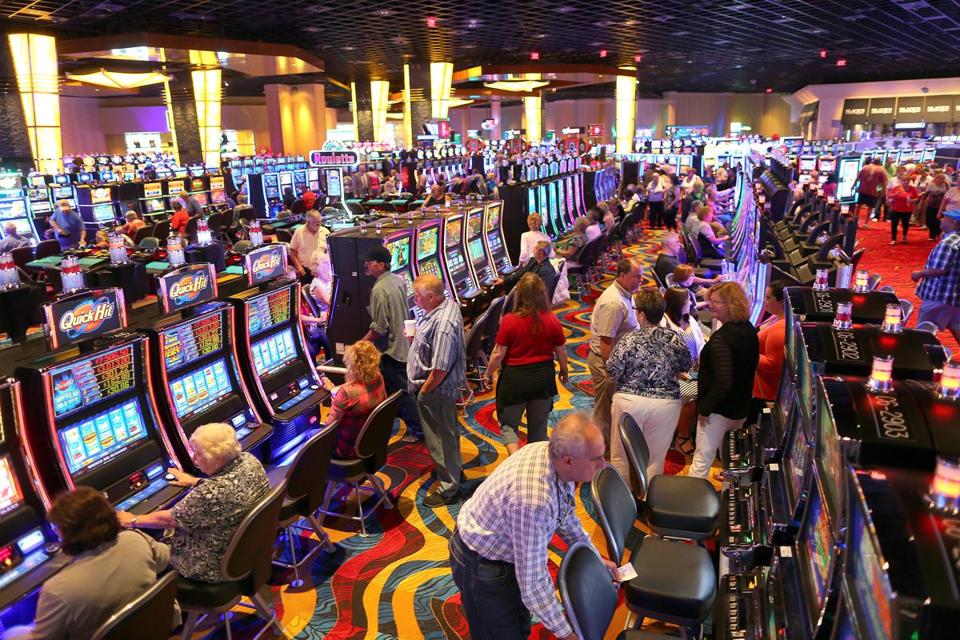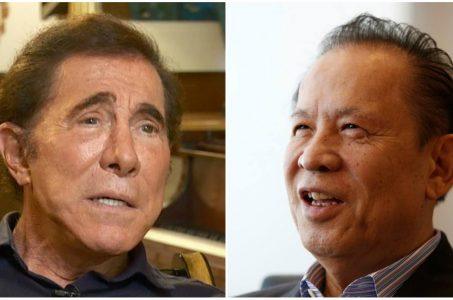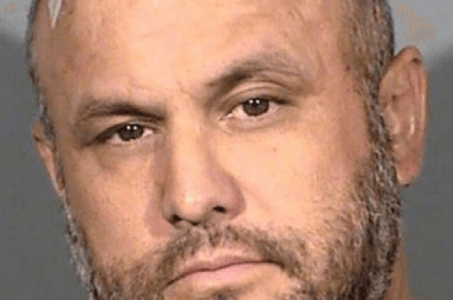Gambling and Crime Do Not Go Hand-In-Hand, Study Concludes
Posted on: December 16, 2016, 05:00h.
Last updated on: December 16, 2016, 01:27h.

Gambling and crime aren’t interrelated, regardless of the narrative opponents to casinos try to purvey. That’s according to a yearlong Public Safety Impact Report presented to the Massachusetts Gaming Commission (MGC) this week that shows no increase in crime in the areas surrounding Plainridge Park Casino.
The slots-only facility is Massachusetts’ first and only casino to open to date. Two full-scale resort style casinos, the MGM Springfield and Wynn Boston Harbor, are currently in construction and scheduled to respectively open in 2018 and 2019.
The Plainridge public safety assessment found “no significant casual relationship” between the casino, which opened its gaming facility in June of 2015, and elevated incidences of law breaking.
“In the first year of operation at Plainridge Park Casino, analysis indicates that most changes in public safety data are proportional with non-gambling facilities of similar size,” crime analyst and MGC consultant Christopher Bruce said of his findings. “I hope this public safety analysis continues to provide important information that local police departments will deem helpful and can utilize to assist with the development of effective data-driven strategies.”
The Plainridge Casino has provided a substantial boost to harness racing at the track. Attendance and revenue are both up since slots came to the facility.
Gambling Not a Crime
Bruce’s extensive 50-page report can be summarized into four key areas:
- Plainridge Park Casino produced crime and emergency call rates similar to new non-casino facilities like malls or entertainment complexes.
- Overall crime was down in the communities surrounding Plainridge Park.
- The slight increase in 911 calls was mostly related to traffic activity complaints such as collisions, disabled vehicles, and suspicious vehicles.
- Economic crime such as credit card fraud did rise, but there is no evidence that the slots parlor is directly responsible.
Bruce says additional studies will be completed for comparison after 2017.
Facts Over Fiction
Massachusetts’ gambling and crime study is a bright spot for proponents looking for ammo to contend against heavily funded anti-casino lobbying firms. A primary argument those against gambling make is that casinos generate higher levels of criminal activity.
Atlantic City Mayor Don Guardian (R), who heavily opposed a November referendum ballot question asking voters to approve two casinos in North Jersey, warned residents about the alleged lawlessness that comes with gambling. “If you don’t think prostitution and drugs and other minor crimes won’t come along with it, you’re foolish,” Guardian said last March.
In Massachusetts, gaming regulators wanted to reach their own conclusions.
“Our comprehensive Research Agenda is based on the proposition that we assess the impact of casinos on facts and not anecdotes or prejudice,” MGC Chairman Steve Crosby said. “This public safety report is an import element of that fact-based analysis. Naturally, we are pleased that to this point there has been virtually no negative impact on crime rates due to the casino.”
Of course, the influence of the $950 million MGM Springfield and $2.1 billion Wynn Boston Harbor could have a greater impact on crime when the two mega casino resorts commence operations in their much larger cities. But until then, the facts show that casino gambling hasn’t increased crime in Massachusetts.
Related News Articles
Most Popular
VEGAS MYTHS BUSTED: Golden Gate is the Oldest Casino in Vegas
Las Vegas Overstated F1 Race’s Vegas Impact — Report
Most Commented
-
End of the Line for Las Vegas Monorail
— April 5, 2024 — 90 Comments -
Mega Millions Reportedly Mulling Substantial Ticket Price Increase
— April 16, 2024 — 6 Comments -
Long Island Casino Opponents Love New York Licensing Delays
— March 27, 2024 — 5 Comments
















No comments yet